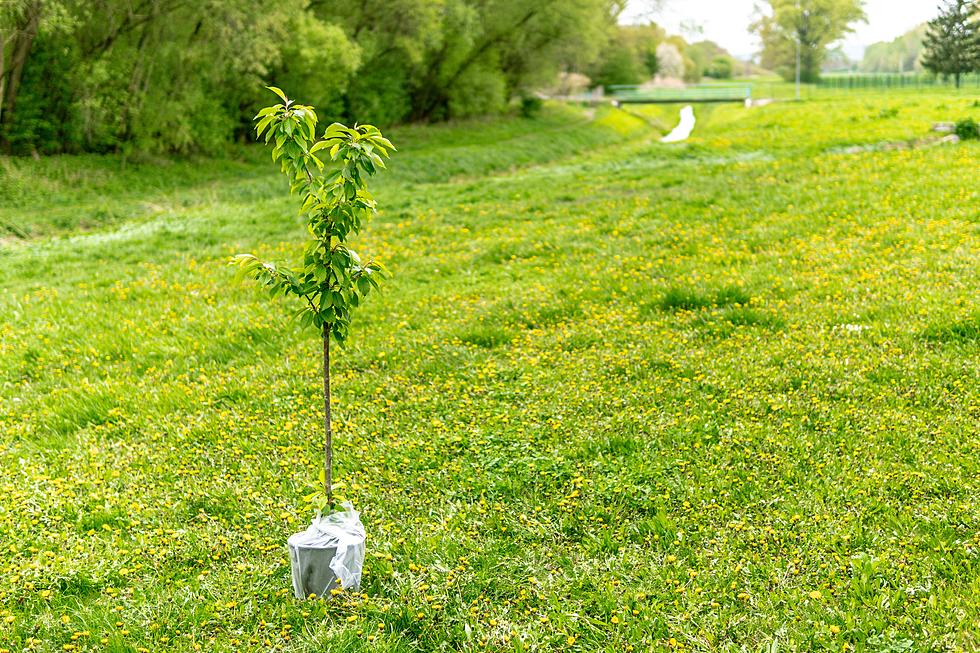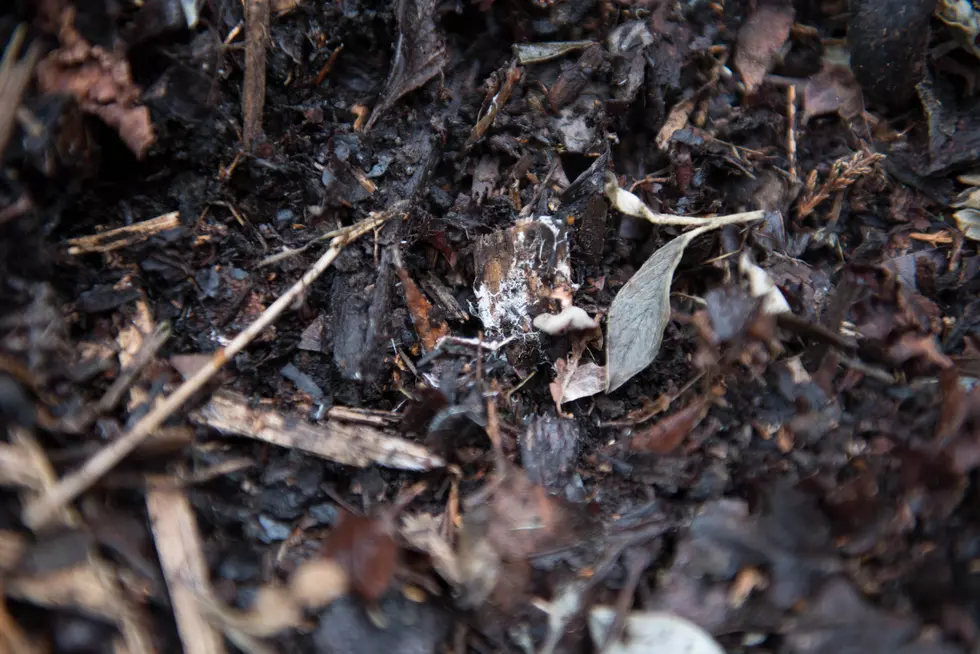
Oxford, “Tree City USA,” Gifted Tree Planting Grant From New York State
Since 1993, Oxford, New York has held the title of "Tree City USA" bestowed on it by the National Arbor Day Foundation due to its commitment to its community forest but Oxford hasn't always had the beautiful trees that it does today.

In the 1800's Oxford was filled with beautiful elm and maple trees, but most elms were destroyed by Dutch Elm Disease and the maples also suffered poor health. In the 1980s, the village decided that something needed to be done about the loss of so many beautiful trees and so they created a group whose sole purpose was to look after the trees, shrubs, and such in the Village and they have ever since.
Oxford is one of several communities in New York state to have been given a gift from the New York State Department of Environmental Conservation to plant trees.
According to Terry Stark, Village Mayor, 175 trees will be purchased and planted along streets and in parks in the spring and fall of 2022. The Oxford Village Tree Board will plant the trees with guidance from the New York State Department of Environmental Conservation and a local certified arborist.
The grant awarded to the Village of Oxford is part of a fund set aside to give financial resources to communities all over New York in order for them to buy, plant, and maintain trees. The grants are part of the DEC's Division of Lands and Forests’ Urban and Community Forestry Program.
The DEC's Division of Lands and Forests' Urban and Community Forestry Program aims to help increase public awareness about the importance of trees as well as help communities plan and manage trees within them.
As part of the Lands and Forests' Urban and Community Forestry Program, grants are being awarded to 64 different projects all through the state of New York. In order to be considered for a grant, communities had to apply for one and in all, there were 154 applications.
Communities were selected for grant money based on several criteria including, "cost-effectiveness, lasting benefits, use of partnerships, the inclusion of outreach and education, and support from local stakeholders."
READ ON: See the States Where People Live the Longest
LOOK: Here are the best small towns to live in across America
The 100 Best Places to Live on the East Coast
More From WDOS-WDLA-WCHN CNY News









